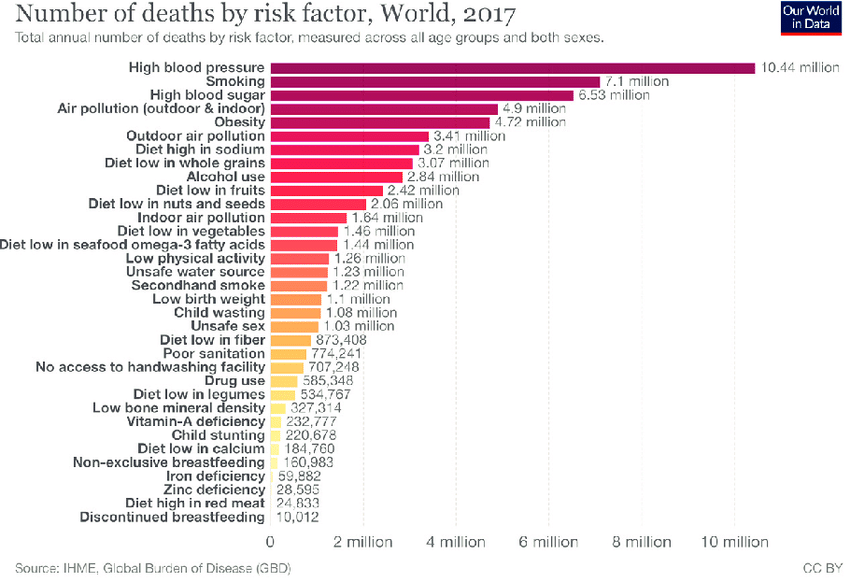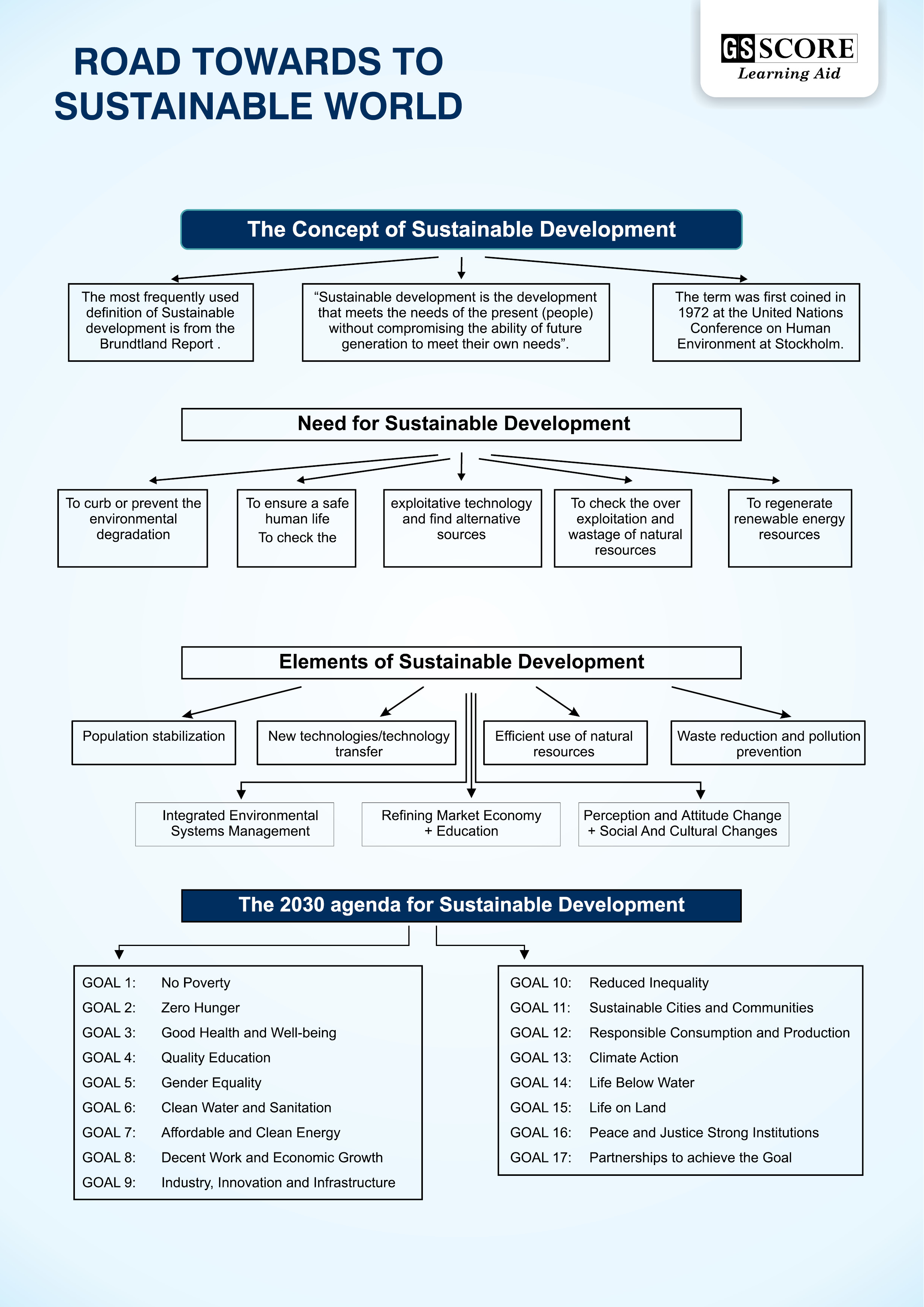Status of sanitation in India:
Water supply and sanitation is a State responsibility under the Constitution of India and following the 73rd and 74th Constitutional Amendments, the States give the responsibility and powers to the Panchayati Raj Institutions (PRIs) and Urban Local Bodies (ULBs).
The Central Water Commission (CWC) in the Ministry of Water Resources (MoWR) has responsibilities for regulating the use of surface water for irrigation, industry and drinking water purposes. The CWC also mediates in inter-state water allocation disputes. The Central Groundwater Board (CGWB) of the same Ministry has an overseeing responsibility for the monitoring of groundwater levels and rates of depletion, as well as production of water resource inventories and maps.
- India has made rapid progress in ending open defecation across the Country which is having a huge impact on improving water, sanitation and hygeine (WASH). Just a few years ago, in 2015, nearly half of India’s population of around 568 million people suffered the indignity of defecating in fields, forests, bodies of water, or other public spaces due to lack of access to toilets. India alone accounted for 90 per cent of the people in South Asia and half of the 1.2 billion people in the world that defecated in the open.
- By 2019, according to the latest estimates, the number of people without access to toilets has reduced significantly by an estimated 450 million people. A tremendous achievement, only possible because of the Swacch Bharat Mission(SBM) (Clean India Campaign), led by the Prime Minister.
- Only 32.7 percent of its rural households previously had access to toilets. This figure has now grown to 98.8 percent as 92 million newly constructed toiletscover most of the rural area. Research suggests that a great decrease is emerging while the coverage rate of toilets is rising.
- India built about 1.5 million toilets in 2019 and over 100 million toilets during the past 5 years. In total, when the mission completed in October 2019, 60,000 villages were open-defecation free. The Individual Household Latrine (IHHL) coverage reached 100 percent of the state’s households.
- Partnership with Water Sanitation and Hygiene (WASH) represents an outstanding international intervention of sanitation improvement in India’s local communities. It secured over $5 million in funding from the private sector. Fueled by this funding, 175,000 people have access to safe water and 25,000 communities are open-defecation free.
According to sustainable Sanitation Alliance (SuSanA); Sustainable sanitation is a sanitation system designed to meet certain criteria and to work well over the long-term. Sustainable sanitation systems consider the entire "sanitation value chain", from the experience of the user, excreta and wastewater collection methods, transportation or conveyance of waste, treatment, and reuse or disposal.
To consider a sanitation system as Sustainable if they meet the 5 criteria’s mentioned as per sustainable Sanitation Alliance (SuSanA) are:
- Health and hygiene: includes the risk of exposure to pathogens and hazardous substances that could affect public health at all points of the sanitation system from the toilet via the collection and treatment system to the point of reuse or disposal and downstream populations.
- Environment and natural resources: involves the required energy, water and other natural resources for construction, operation and maintenance of the system, as well as the potential emissions to the environment resulting from use
- Technology and operation: incorporates the functionality and the ease with which the entire system including the collection, transport, treatment and reuse and/or final disposal can be constructed, operated and monitored by the local community and/or the technical teams of the local utilities
- Financial and economic issues: relate to the capacity of households and communities to pay for sanitation, including the construction, operation, maintenance and necessary reinvestments in the system.
- Socio-cultural and institutional aspects: evaluate the socio-cultural acceptance and appropriateness of the system, convenience, system perceptions, gender issues and impacts on human dignity, the contribution to food security, compliance with the legal framework and stable and efficient institutional settings.
- The Millennium Development Goals (MDGs) however represent a clear commitment to address sanitation with the same priority as water supply.
- An analysis of existing data on global sanitation coverage from most recent international reports (e.g. Rosemarin et al. 2008) however reveals that of all the MDG targets movement on sanitation provision has been the slowest. In his address to the high-level segment of 16th meeting of the UN-Commission for Sustainable Development (CSD) in May 2008 the UN Secretary General Ban Ki Moon therefore urged governments and stakeholders to move the sanitation crisis to the top of the international agenda
- Johannesburg Plan of Implementation In the Johannesburg Plan of Implementation the goals of the United Nations Millennium Declaration were reaffirmed and further elaborated. With respect to the MDGs and water supply and sanitation.
- Goal 6 of SDG: Clean water and Sanitation.
- WHO’s WASH(Water, Sanitation, and Hygiene) in HCF(Health Care Facilities), which has been developed in response to Member state Resolution 4 It’s 2030 agenda for SDGs
- Central Rural Sanitation Programme( CRSP) 1986, primarily with the objective of improving the quality of life of the rural people and also to provide privacy and dignity to women.
- Swachh Bharat Abhiyan or the "Clean India Campaign" is the biggest ever cleanliness drive in the country, The goal now is to achieve Swachh Bharat by 2019, as a tribute to the 150th Birth Anniversary of Mahatma Gandhi, by improving the levels of cleanliness in rural areas and making Gram Panchayats Open Defecation Free (ODF). SBM became the world’s largest sanitation program by changing the behaviour of hundreds of millions of people with respect to toilet access and usage.
- National Urban Sanitation Policy
- National Water Policy
- National Rural Health Mission
- National Urban Health Mission
- National Policy on Faecal Sludge and Septage Management (FSSM).
- In India’s schools, recent reports also showed that 22 per cent did not have appropriate toilets for girls, 58 per cent of preschools had no toilet at all and 56 per cent of preschools had now water on the premises.(Source: Rapid survey on children 2013-14).
- Less than 50 per cent of the population has access to safely managed drinking water (located on premises, available when needed and free of contamination). Chemical contamination of water, mainly through fluoride and arsenic, is present in 1.96 million dwellings.
- Moreover, two-thirds of India’s 718 districts are affected by extreme water depletion, and the current lack of planning for water safety and security is a major concern.
- Growing water scarcity and the potential for water reuse and conservation.
- Prevention of contamination of water in distribution systems.
- Reducing disparities within the regions in the country.

This chart explains the annual number of deaths by risk factors in India. “Poor sanitation, unsafe water sources, and no access to hand washing facilities” are among the top factors in the country; the list being topped by high blood pressure, air pollution, high blood sugar and smoking.
In, India diseases from untreated water and unhygienic defecation impact society not only through triggering the public health crisis, but also impacting females and children. Limited drainage systems and a lack of water preservation systems are two issues that could prevent India from fully integrating sanitation into rural areas. Fortunately, the government’s campaigns keep sanitation on the top of priorities for better India. The imperfections cannot overshadow the progress that India has made in promoting its sanitation.
- Sanitation refers to the availability of clean drinking water and proper treatment of human waste and sewage.Without proper sanitation various diseases like cholera, typhoid, diarrhoea, etc. would spread and proper sanitation ensures that these diseases do not spread.
- Sanitation is one of the most important aspects of community well-being because it protects human health, extends life spans, and is documented to provide benefits to the economy
- One key goal of sanitation is to safely reduce human exposure to pathogens.
- Poor sanitary conditions have been linked with stunting,which affects almost one quarter of children under-five globally through repeated diarrhoea and environmental enteric dysfunction.
- The lack of safe sanitation systems contribute to the emergence and spread of antimicrobial resistance.
- Ensuring Community Led total sanitation
- Ensuring Piped Water Supply( Capacity building)
- Participation of various ministries
- Ensuring behavioural change by panchayati raj institutions(PRI)
- Ensuring public sanitation places more hygiene, Example- Sulabh toilets
- Widening the participation of Private sector players
- Increase in accountability of providers.
India has made rapid progress in ending open defecation across the Country. The number of people defecating in open in India has reduced significantly by an estimated 450 million people and Looking at the facts and figures the Sustainable sanitation has covered in most of the areas in a short period of time with the support of ICE (Information, Communication and Education) which lead to decrease in impact of poor sanitation on health. The success of any government policy lies in its functional purpose, which is implementation.






